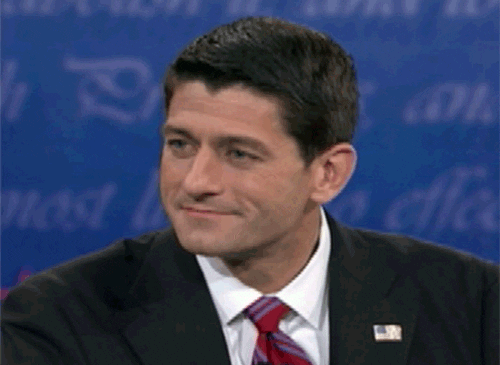Ryan says he won’t allow his name to be entered into consideration, should the RNC convene in July without an undisputed presidential nominee.
From the beginning, the recent round of Ryanstakes has been overdetermined. The media has interpreted everything Ryan’s done recently—New York fundraising, stepped-up messaging, Donald Trump scolding—as preface to a bid for the presidential nomination. But all of it could just as easily interpreted as normal parts of his job.
Now, because Ryan was once similarly adamant he would “not be a candidate” for speaker, observers are incredulous about his latest declaration.
Skepticism is justified, but it’s also worth noting that the circumstances under which Ryan became speaker and under which he’d become the presidential nominee are extremely different.
Last fall, the absence of a qualified, consensus successor to John Boehner thrust the House GOP into crisis, and created a clamor for Ryan to accept the job. The party remains in crisis, but the thought of Ryan emerging from Cleveland as the nominee presupposes that delegates (rough analog to House members) will wrest the nomination from two people (Trump and Ted Cruz) who’ll have credible claim to it, backed by popular votes. The speaker election is almost nothing like that.
Who knows how the process will unfold should Trump fall short of 1237 delegates. I don’t assume Ryan’s reluctance is absolute. But he deserves more benefit of the doubt this time around than last time.
